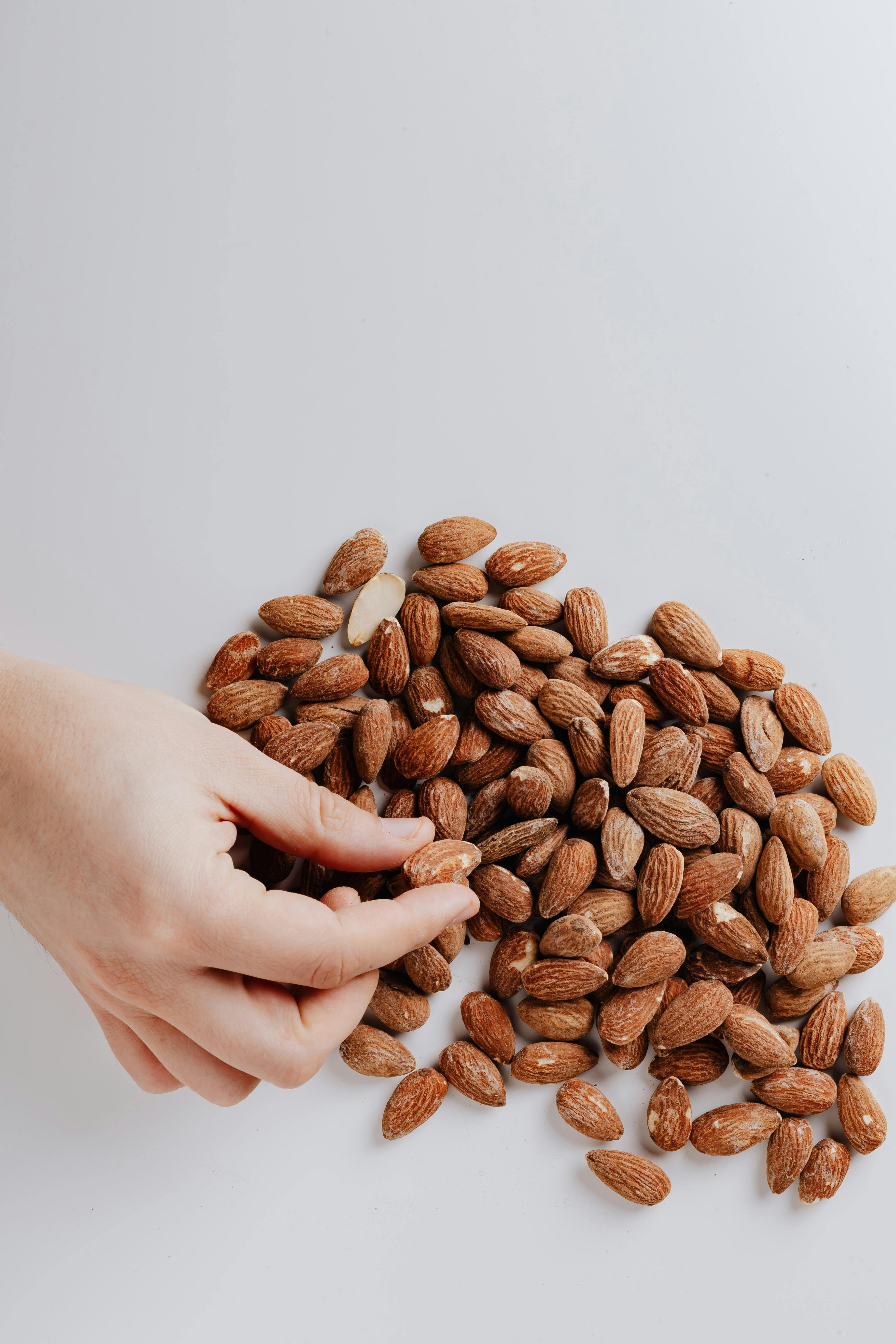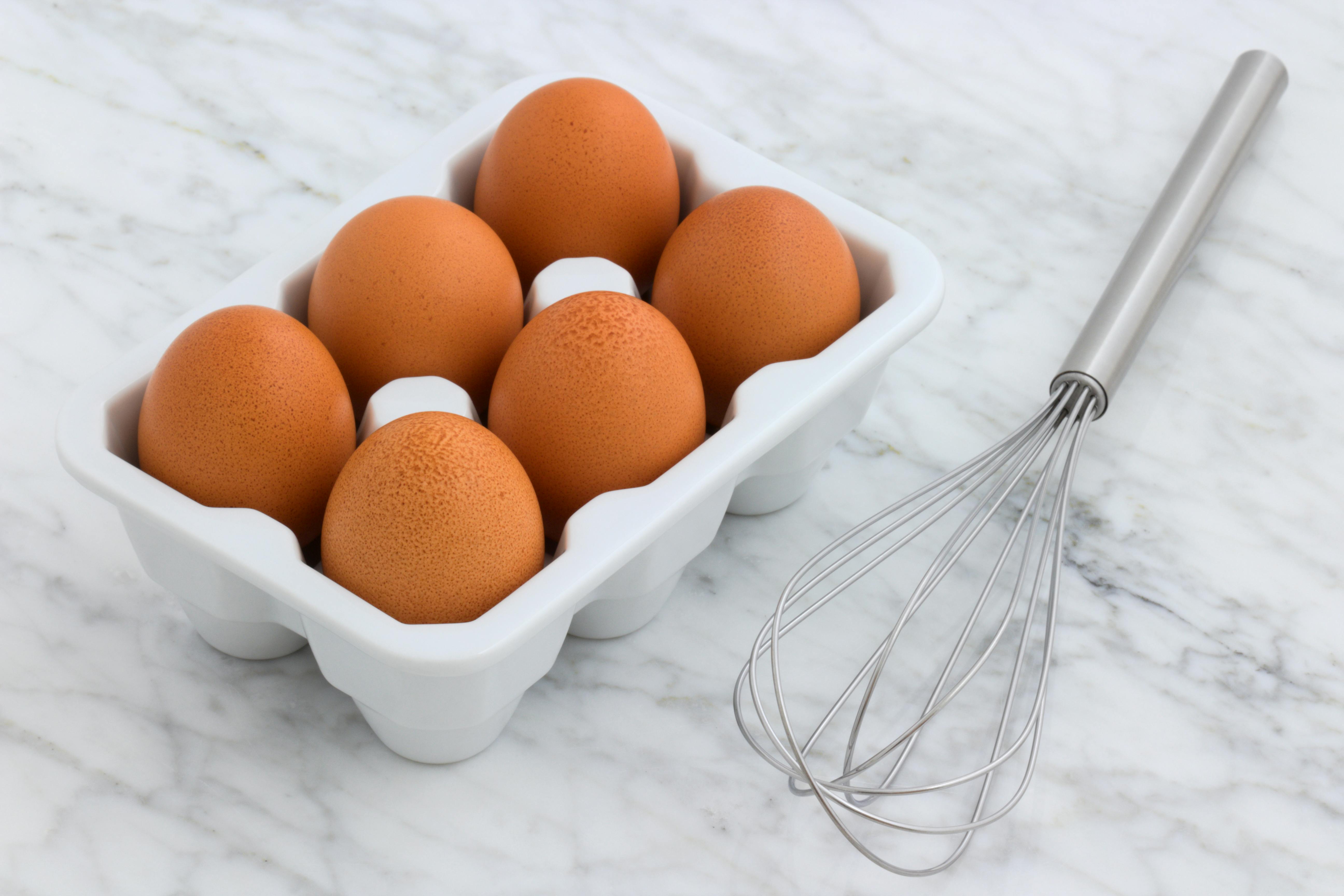How much protein do you think you should eat to lose weight effectively? If you’ve been trying to shed some pounds while maintaining your health, you might be wondering how protein fits into your diet. Let’s unravel this together, step by step!

Understanding Protein and Its Role in Weight Loss
Protein is often hailed as a superhero nutrient in the world of weight loss and fitness. It’s not just about building muscles; protein plays a critical role in satiation, metabolism, and overall body function. When you consume enough protein, it can help you feel fuller for longer. This might curb unhealthy snacking and contribute to a calorie deficit—essential for losing weight.
Why Protein is Important for Weight Loss
You might be asking yourself, “What makes protein so important?” The answer lies in a few key benefits that protein provides:
-
Satiety: Foods high in protein tend to keep you feeling full. When you eat meals rich in protein, you’re less likely to reach for those extra snacks throughout the day.
-
Muscle Preservation: When you’re in a calorie deficit, your body can lose muscle mass along with fat. High protein intake helps preserve that muscle mass, which is essential for keeping your metabolism fired up.
-
Thermic Effect of Food: Did you know that your body burns more calories digesting protein than it does with fats or carbohydrates? This phenomenon is known as the thermic effect of food, and it makes protein an essential part of your weight loss journey.
How Much Protein Do You Need?
Now that you know why protein is important, let’s get to the heart of the matter: how much do you actually need?
General Guidelines
Most health authorities recommend a daily protein intake of about 0.8 grams per kilogram of body weight for the average person. However, as you aim to lose weight, your protein needs can increase. Here’s a quick breakdown based on activity levels:
| Activity Level | Protein Intake (grams per kg) |
|---|---|
| Sedentary | 0.8 g/kg |
| Lightly Active | 1.0 g/kg |
| Moderately Active | 1.2 – 1.7 g/kg |
| Very Active (e.g., athletes) | 1.6 – 2.2 g/kg |
As you work toward your weight loss goals, you might want to aim closer to the upper end of this range.
Calculating Your Protein Needs
Let’s calculate how much protein you might need based on your weight and activity level.
- Determine Your Weight: Let’s say you weigh 70 kg.
- Choose Your Activity Level: If you’re moderately active, you could use the upper end of the spectrum—let’s say 1.5 grams per kg.
- Calculate:
- 70 kg x 1.5 g/kg = 105 grams of protein per day.
By following these steps, you’ll have a clearer picture of how much protein you should aim for!

Choosing Protein Sources
Once you know your protein needs, the next step is picking the right sources. Proteins come from both animal and plant sources, and each has unique benefits.
Animal-Based Proteins
Animal-based proteins are complete proteins, meaning they contain all nine essential amino acids your body cannot produce. Here are some great options:
- Chicken Breast: Lean and packed with protein.
- Fish: Salmon, tuna, and mackerel provide healthy fats as well.
- Greek Yogurt: High in protein and probiotics which benefit gut health.
- Eggs: Nutrient-dense and versatile for various meals.
Including these sources in your diet can help you reach your protein goals effectively.
Plant-Based Proteins
If you’re leaning toward a plant-based diet or just want to diversify your protein sources, there are plenty of excellent options:
- Lentils: High in protein and fiber, they support satiety.
- Chickpeas: Nutrient-rich and can be added to salads or made into hummus.
- Quinoa: A complete protein and a great substitute for rice.
- Tofu and Tempeh: Excellent sources of protein for vegans and vegetarians.
Mixing animal and plant-based proteins in your diet can help ensure you get all your essential amino acids.
Recommended Protein Intake by Age and Activity Level
Here’s a handy table that suggests protein intake based on age and activity level:
| Age Group | Sedentary (g) | Active (g) |
|---|---|---|
| Adults (19-65) | 46-56 g | 56-75 g |
| Older Adults (65+) | 46-56 g | 60-80 g |
| Teenagers (14-18) | 46-52 g | 52-72 g |
Spreading Protein Throughout the Day
An essential aspect of incorporating adequate protein into your diet is how you spread it throughout the day. Instead of loading up at one meal, aim to distribute your protein intake evenly across meals and snacks.
This approach not only helps with muscle preservation but also aids in satiety. Here’s a sample using your calculated daily intake of 105 grams:
| Meal | Protein Amount (grams) |
|---|---|
| Breakfast | 25 g |
| Snack | 15 g |
| Lunch | 30 g |
| Snack | 15 g |
| Dinner | 20 g |
Protein and Meal Preparation
Now that you know how to calculate your protein intake and the sources to get it from, let’s talk about meal preparation. This step can make your journey much easier and enjoyable.
Meal Prepping Tips
- Plan Your Meals: Write down your meals for the week, focusing on how to include protein in each.
- Batch Cook: Prepare larger portions of proteins like grilled chicken or cooked lentils, and store them in the fridge.
- Snack Wisely: Keep high-protein snacks handy, like Greek yogurt or protein bars, to avoid unhealthy snacking.
Protein Supplements
While it’s always best to get your protein from whole foods, supplements can be convenient. If you find it challenging to reach your protein goals through diet alone, consider protein powders, bars, or ready-to-drink shakes. Here are some options:
- Whey Protein: Fast-digesting and high in essential amino acids.
- Casein Protein: Slow-digesting, ideal for nighttime use.
- Plant-Based Protein: Options like pea or brown rice protein for vegans.
Be mindful to choose supplements that fit your dietary preferences and restrictions.

Monitoring Progress
As you move forward with your weight loss journey and protein intake, it’s helpful to keep track of your progress. Monitoring how your body responds can guide your adjustments.
Keeping a Food Diary
One great way to monitor your protein intake is through a food diary. Write down everything you eat, along with the estimated protein content. This practice can help you identify patterns in your eating habits and make adjustments if necessary.
Regular Check-Ins
You may want to weigh yourself weekly or bi-weekly to monitor your weight loss. However, remember that weight isn’t the only indicator of progress. Some people may lose inches even if the scale doesn’t reflect it. Consider taking measurements or photos over time to track your changes more holistically.
Listening to Your Body
The most crucial advice is to listen to your body. Pay attention to how you feel after meals and throughout the day. Are you satisfied? Do you have energy? By tuning in to these signals, you can make informed decisions about your diet choices.

Common Pitfalls to Avoid
While setting out on the path to adequate protein intake and weight loss, be aware of a few common pitfalls that could derail your efforts.
Overlooking Protein Intake
As you focus on reducing calories, it’s easy to overlook your protein goals. Make sure you’re still prioritizing protein-rich foods in your meals rather than simply cutting calories.
Relying Solely on Supplements
While protein supplements can be beneficial, they shouldn’t replace whole food sources. Whole foods offer essential nutrients that supplements can’t provide. Strive for a balance between both for optimal health.
Ignoring Other Nutrients
Although protein is critical, other nutrients matter too. Make sure your diet remains balanced with fruits, vegetables, healthy fats, and carbohydrates for overall wellness.
Skipping Meals
While aiming for a calorie deficit, be cautious about skipping meals entirely. This can lead to excessive hunger and overeating later. Aim for regular, smaller meals to keep your metabolism and energy steady.

Conclusion
Now that you have a deeper understanding of how much protein you should eat to lose weight effectively, the ball is in your court! By focusing on protein-rich foods, monitoring your intake, and spreading your protein consumption throughout the day, you’re well on your way to achieving your goals.
Always remember that weight loss is a journey, and everyone’s path is unique. Be kind to yourself through the process, make adjustments as needed, and before you know it, you’ll see the results! Your body and mindset will thank you for the hardworking effort you invest in this journey. Keep it fun, stay engaged, and enjoy the healthy lifestyle you’re creating!
